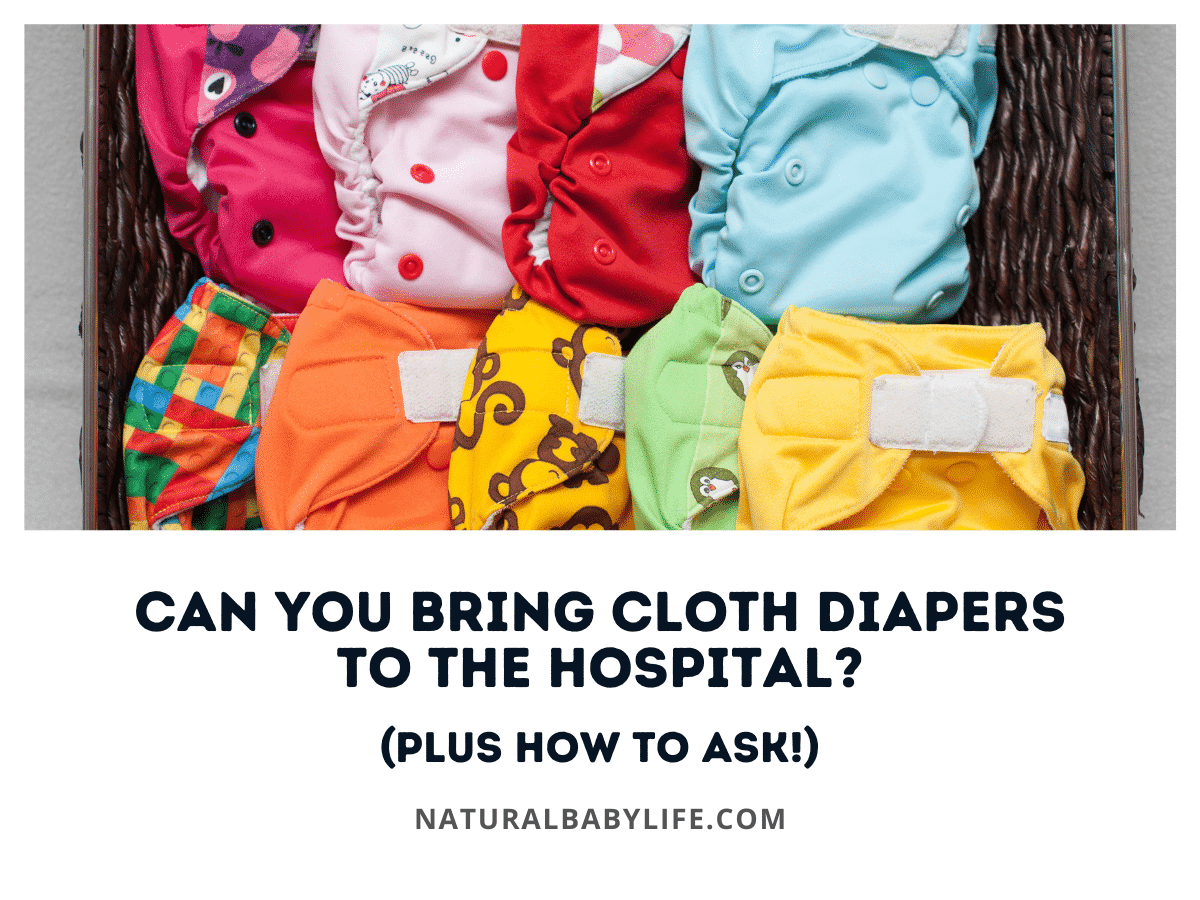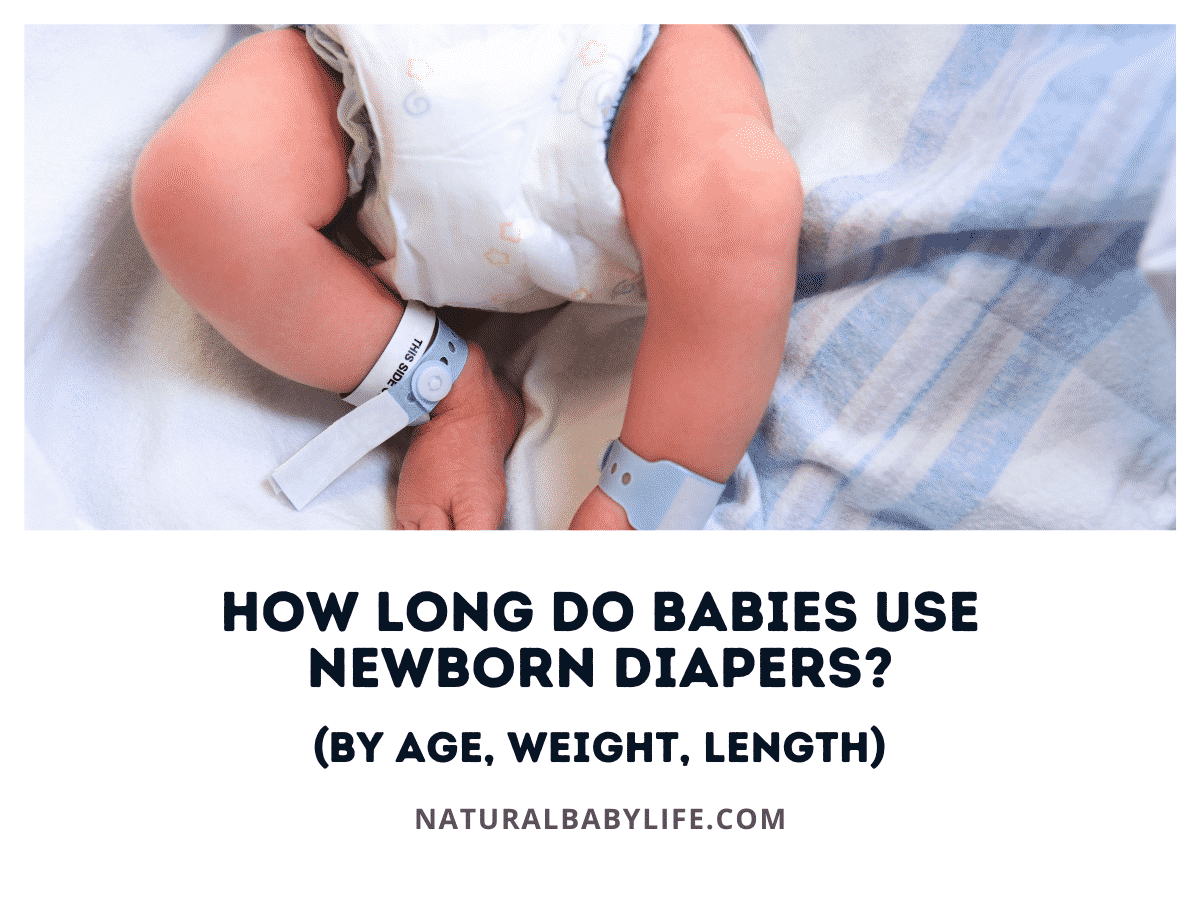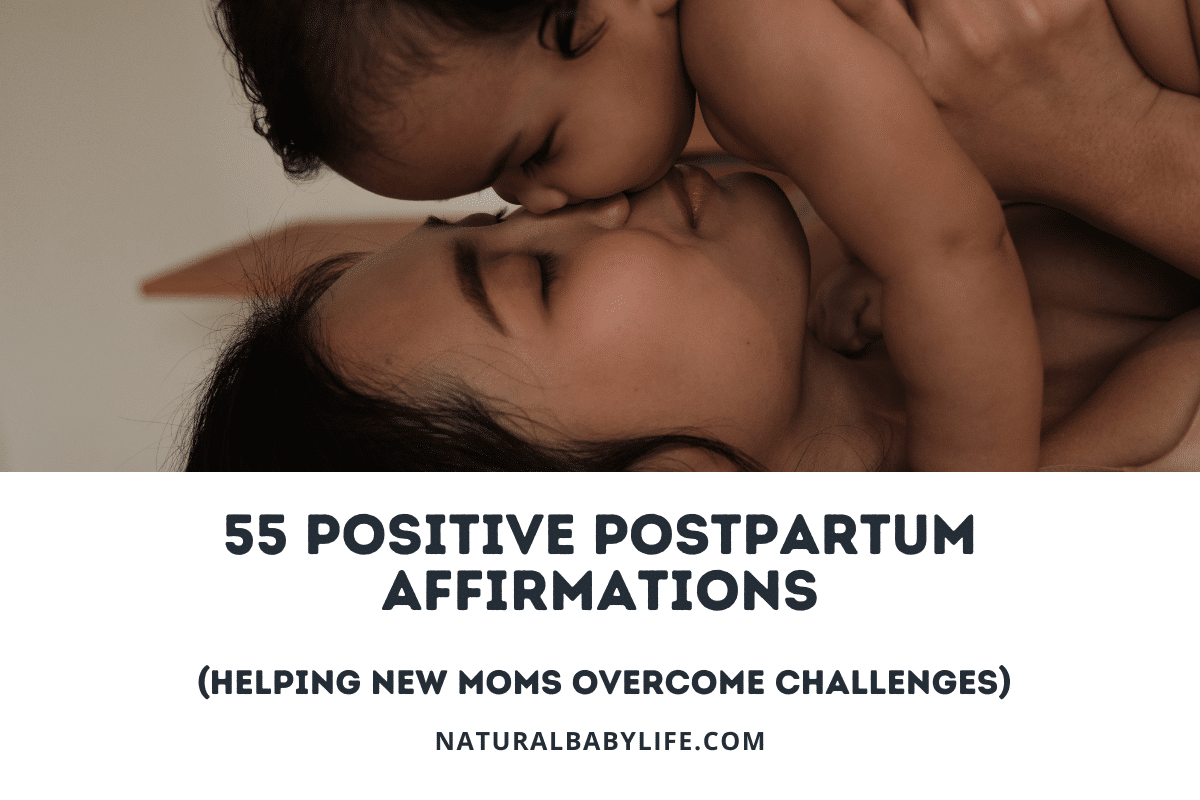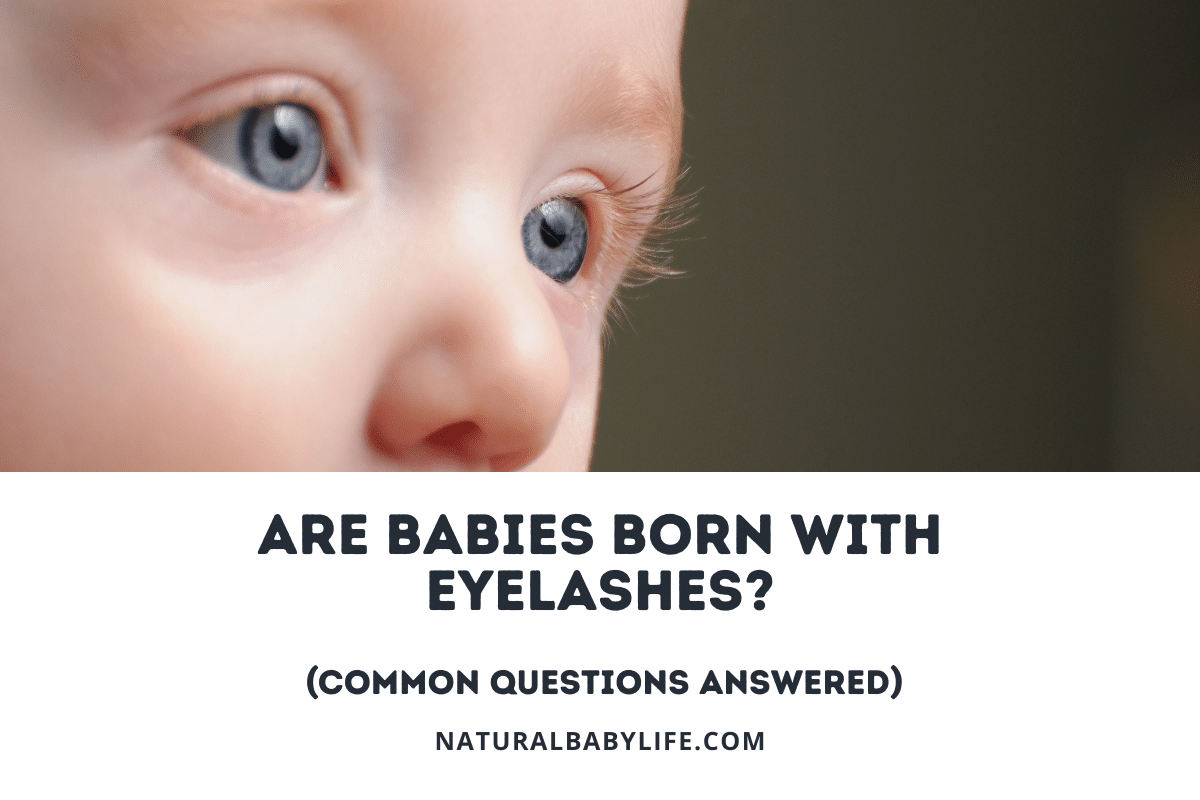Many parents decide to use cloth diapers for their babies for a variety of reasons, including convenience, cost, personal preference, and environmental benefits. However, cloth diapering a newborn can be tricky and introducing cloth diapers at the hospital just after giving birth can be even trickier.
You should be able to bring cloth diapers to most hospitals, but confirm it with your hospital beforehand. There are some practical considerations such as the meconium and umbilical cord, as well as the additional accessories cloth diapers require that disposables do not. No matter your plan, you should have a backup option prepared just in case.
Read on to learn more about cloth diapering at the hospital, what to expect from hospital staff, and what accessories you may need.
Table of Contents
Are cloth diapers allowed at the hospital after birth?
In recent years, cloth diapering has become more popular and there are now even ones designed specifically for newborn babies.
Generally, a hospital should not have any official policy or rule banning or regulating the use of cloth diapers. Depending on your hospital and the individual nursing staff you receive, you definitely could encounter some annoyance at your decision to use cloth diapers. Some moms experience nothing but positive feedback and support from their doctors and nurses, and some hospitals welcome the environmentally-friendly option, but this is not always the case.
In some cases, if there is a health issue or your baby needs to spend time in the NICU, cloth diapers may not be allowed. The hospital staff may need to weigh your baby’s diapers to ensure they are producing enough urine output, and they understandably prefer to use disposables for this instance. However, some hospitals may still allow cloth diapering even in the NICU.
Do you need to ask the hospital about bringing cloth diapers?
It may be a good idea to ask the hospital during your tour or give them a call and ask them about it.
Each hospital will have its own preferences, rules, and policies. Most hospitals shouldn’t have a problem with you bringing your own cloth diapers, as long as you don’t expect them to wash them or help you manage them.
Should you add cloth diapers to your birth plan?
The main purpose of a birth plan is to decide beforehand what your wishes are for labor, delivery, and the postpartum period. In the heat of the moment, it can be difficult to make decisions, or parents can even be pressured to change their wishes. A birth plan helps to make sure that parents and care providers are all on the same page.
You can certainly include your plan to use cloth diapers into your birth plan alongside measures such as delayed cord clamping, delayed bathing, and ample skin-to-skin time.
Be prepared to politely reiterate your desires to hospital staff and work to ensure that your plan is enforced.
Don’t know if you need a birth plan? Check out my resource for why you might want one and how to set up yours!
Are there any downsides to using cloth diapers at the hospital?
While cloth diapers can be great, there can be some drawbacks, especially if you’re unfamiliar with them or just plain exhausted from giving birth.
You may experience some pushback from nurses and other hospital staff if you plan to use cloth diapers at the hospital.
You will need to consider a storage option for the soiled diapers that doesn’t smell or leak, and you may need to experiment with a few different types and sizes of diapers before finding the right ones that work for you. It can take some trial and error to get everything just right, especially if you have never used cloth diapers before.
Depending on the cut of the diapers, you may also find that it could irritate or get in the way of the umbilical stump. Many parents choose to use disposables until the stump has fallen off.
In addition, meconium (tar-like newborn poop) is notoriously difficult to get out of cloth diapers. For this reason alone, you may want to consider using disposables (or cheaper cloth diapers that you don’t care about as much) for the first few days or so. However, it doesn’t need to be a dealbreaker. Many parents swear by drying their cloth diapers in sunlight to remove these stains.
Tips for using cloth diapers at the hospital with your newborn
With cloth diapering, it is always very helpful to read and learn from the experiences of others. Learning how to use cloth diapers and knowing what you will need to get started can be a bit complex. When it comes to using them at the hospital, it can be even more overwhelming, but it can be done! Check out these tried and true tips from parents who were once in your shoes:
How many cloth diapers to bring?
Babies go through diapers much faster than you might think, and it is always better to be over-prepared rather than under-prepared. Combined with the fact that you will not have any way to wash your cloth diapers until you arrive home from the hospital, it is a good idea to be prepared with at least 8-10 diapers for each 24-hour period you expect to stay in the hospital.
While some babies take a while to start producing urine and waste, other parents find that they end up changing diapers every 2 hours – so you may want to bring extra just in case.
Which cloth diapering accessories you will need?
You will definitely need to bring some sort of wet bag or storage bag that is specially made to store wet and soiled cloth diapers. If you don’t plan on using disposable baby wipes, you will also need to pack some cloth wipes or small baby washcloths to use instead. There are also diapering spray products that help clean your baby’s bottom without disposable wipes.
In addition to your cloth diaper inserts, you will likely want to use diaper covers unless you are using an all-in-one diaper or don’t mind skipping the cover in the early days to help monitor wet and dirty diapers. You may also need diaper fasteners if you are using prefold or flat cloth diapers.
You may want to bring a few different sizes and types of cloth diapers, just in case your first choice doesn’t work out very well.
Here is a quick look at the items we just recommended:
| Image | Title | Price | Prime | Buy |
|---|---|---|---|---|
 | Babygoal Wet Dry Bags for Baby Cloth Diapers | PrimeEligible | Buy Now | |
 | OsoCozy Flannel Baby Wipes - Reusable And Washable | PrimeEligible | Buy Now | |
 | California Baby Calming Diaper Area Wash/Spray | PrimeEligible | Buy Now | |
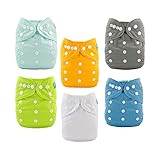 | ALVABABY Baby Cloth Diapers One Size Adjustable Washable Reusable | PrimeEligible | Buy Now |
Product prices and availability are accurate as of the date/time indicated and are subject to change. Any price and availability information displayed on [relevant Amazon Site(s), as applicable] at the time of purchase will apply to the purchase of this product.
Prices pulled from the Amazon Product Advertising API on:Don’t depend on the hospital for help
Although hospital staff may typically help new moms and dads with diaper changes, you probably won’t get the same level of support for your cloth diapering plan.
If you want help from the nurses in completing some diaper changes, you will most likely need to accept a disposable.
You will not be able to wash your dirty diapers at the hospital and will need a plan for washing them, whether it is sending them home with family or friends to be washed, or waiting until you return home.
Unfortunately, cloth diapering still has a bit of a stigma. Just like with friends and family, be prepared to field any rude comments and nosy questions about your cloth diaper decision.
Expect the unexpected
It is important to bring a few backup options with you to the hospital and plan for the unexpected. You may find that once your child arrives, they are too small for the size of cloth diapers you invested in, or they don’t seem comfortable in the type of covers you planned to use. Many newborns are too small for cloth diapers to be used successfully and comfortably.
In addition, you may not be able to use your cloth diapers for a variety of reasons such as an unplanned C-section that separates mom and baby unexpectedly or if your baby needs to spend time in the NICU. In an emergency or even just in the sleep-deprived hours of the early postpartum period, you may find that your family has other priorities than the cloth diapers you had hoped to use.
There is a learning curve with cloth diapers, and the world of cloth diaper products and types can be a bit overwhelming at first. Don’t be hard on yourself if your Plan A doesn’t work out.

